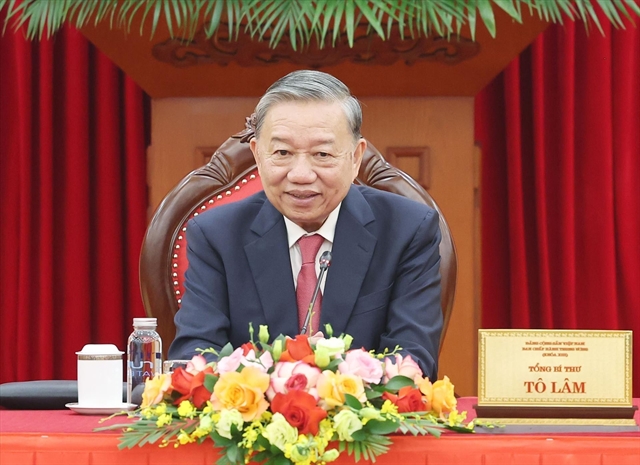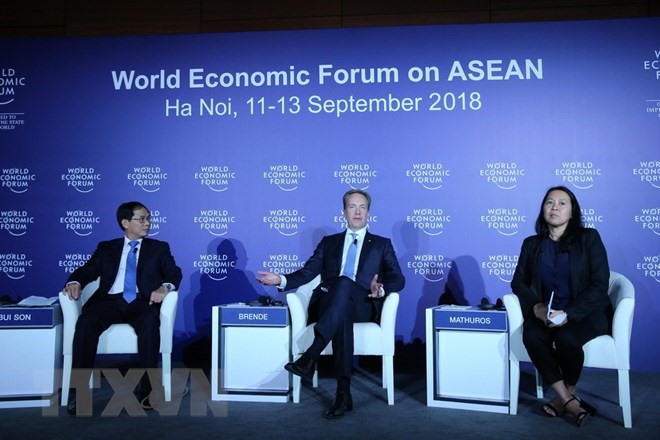 Politics & Law
Politics & Law

As Asian leaders expressed concerns over the rise of protectionism and nationalism, they also called for a rules-based order in the region.
 |
| As Asian leaders expressed concerns over the rise of protectionism and nationalism, they also called for a rules-based order in the region.– VNA/VNS Photo |
HÀ NỘI – As Asian leaders expressed concerns over the rise of protectionism and nationalism, they also called for a rules-based order in the region.
Foreign ministers from Việt
Concerns regarding the shifting
“Looking at the geopolitics in Asia and friction between
“What will happen to multilateral law? What we have built up is multilateral law. Will that law be decayed, diminished or can it be strengthened?”
Việt
Taro Kono, Minister of Foreign Affairs of Japan, suggested the establishment of a rules-based international order.
“With any unilateral challenge to the status quo; the international community needs to stand up against it,” Taro said.
The “collapse of multilateralism, stemming from the trade war” between the
Lynn Kuok, Associate Fellow at the International Institute for Strategic Studies (IISS) in
“
“
For her part, Kang Kyung-Wha, Minister of Foreign Affairs of the
“We must ensure that these initiatives are presented in a way that preserves openness, inclusivity and transparency and are in line with international norm,” she said.
Kang also said that while there are clear regional fractures, there are also moments of geopolitical alignment, such as current moves to advance denuclearization efforts on the
“On US-China relations, if you look at just the trade side it does look tense, but I think these are two big players on the global stage with strategic calculations that sometimes diverge, but also at times converge,” she said.
"We believe the TPP is still the best option for the
In addition to traditional geopolitical threats, such as maritime security and freedom of navigation and trade, the Japanese foreign minister said that one of his biggest geopolitical concerns is catastrophic weather changes due to climate change.
“The biggest concern is probably climate change—the sea water level is very high and we are getting stronger typhoons, stronger cyclones, heavier rain,” he said, adding that regional countries needed to be serious about taking care of this issue.--VNS